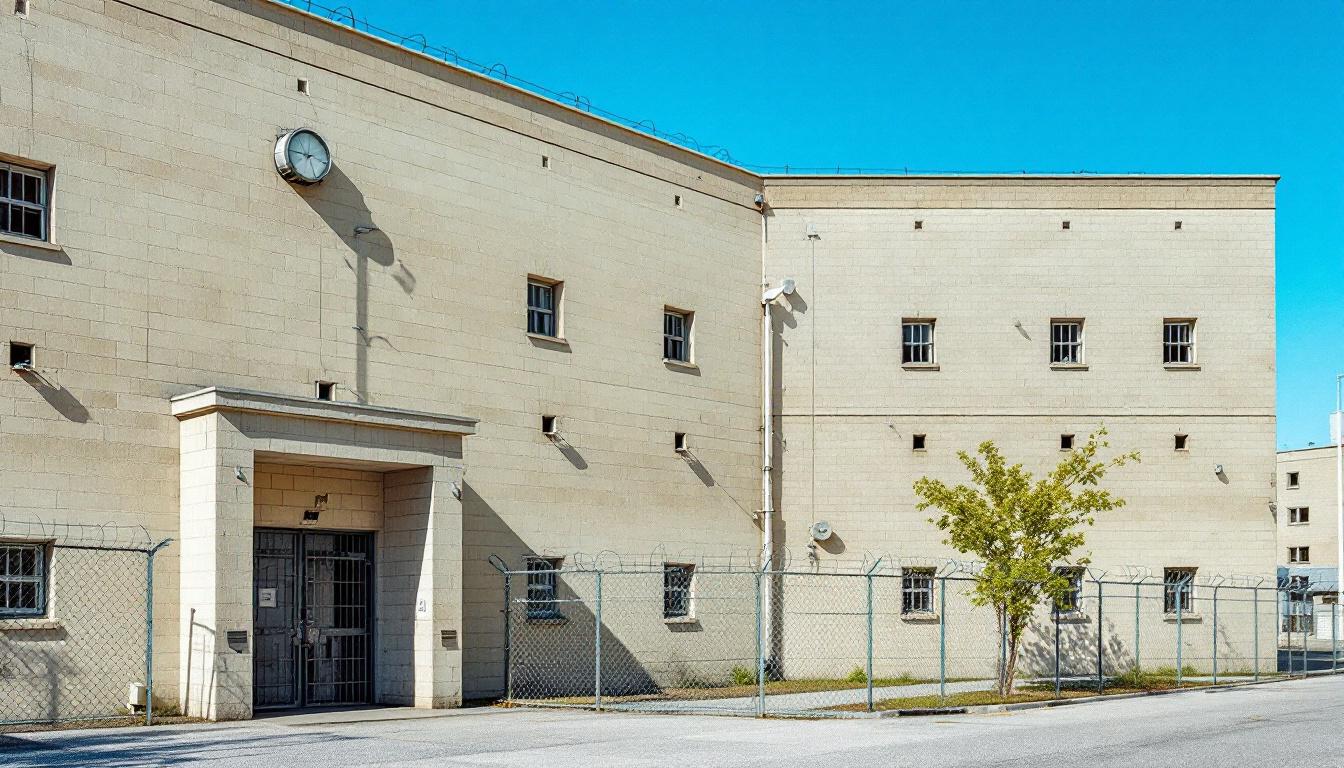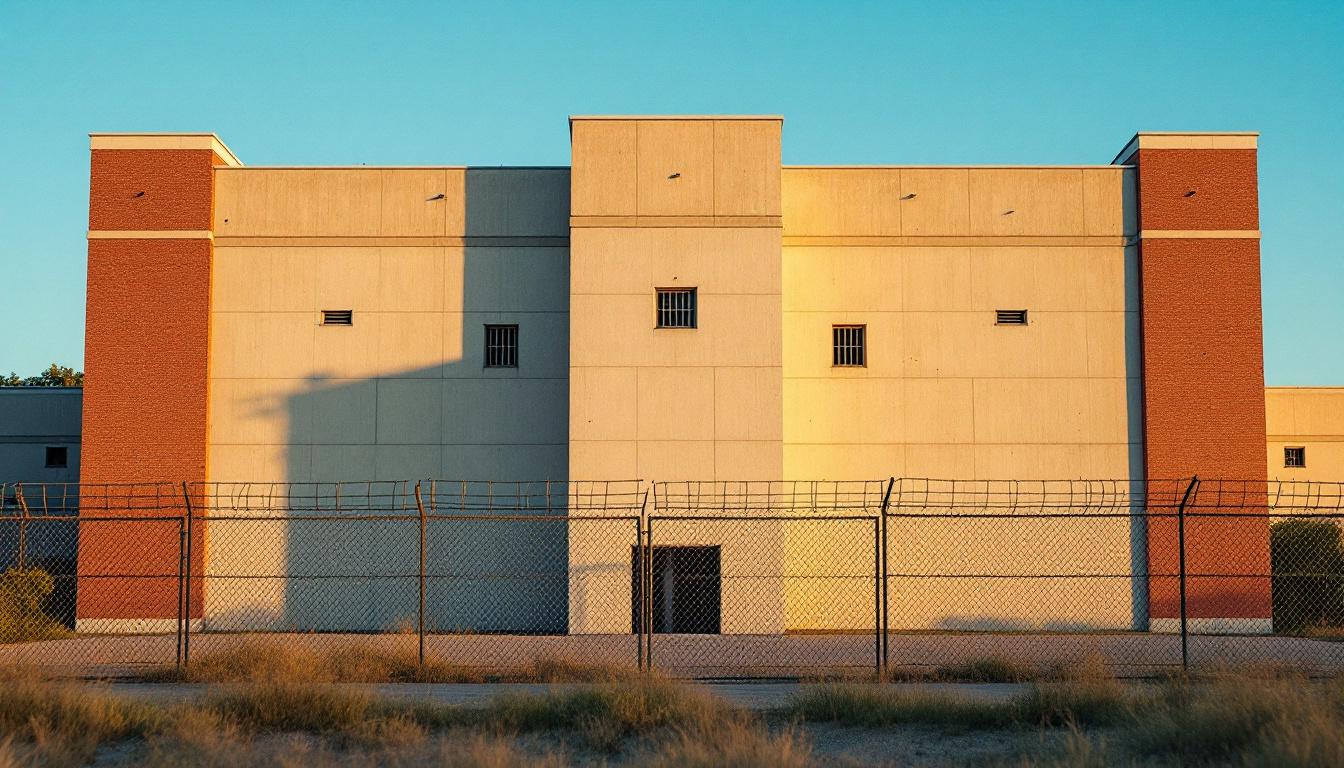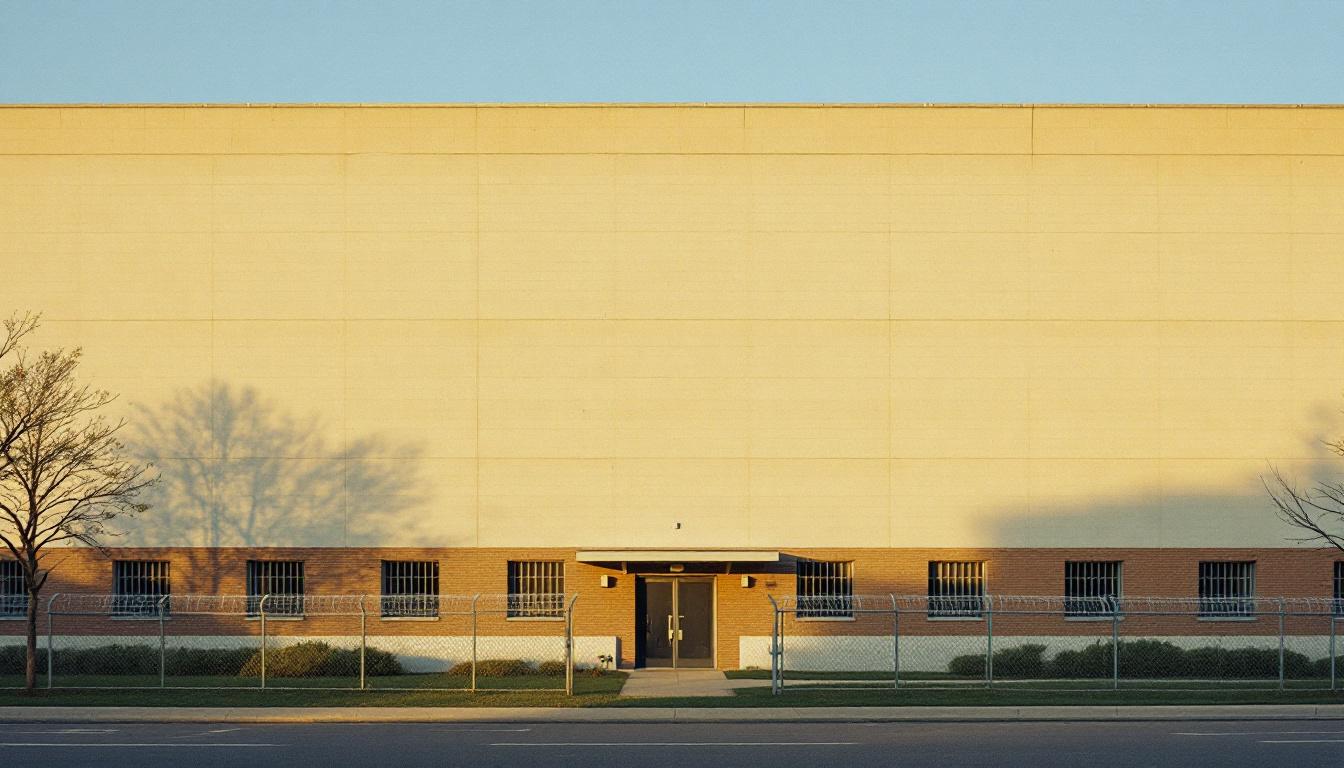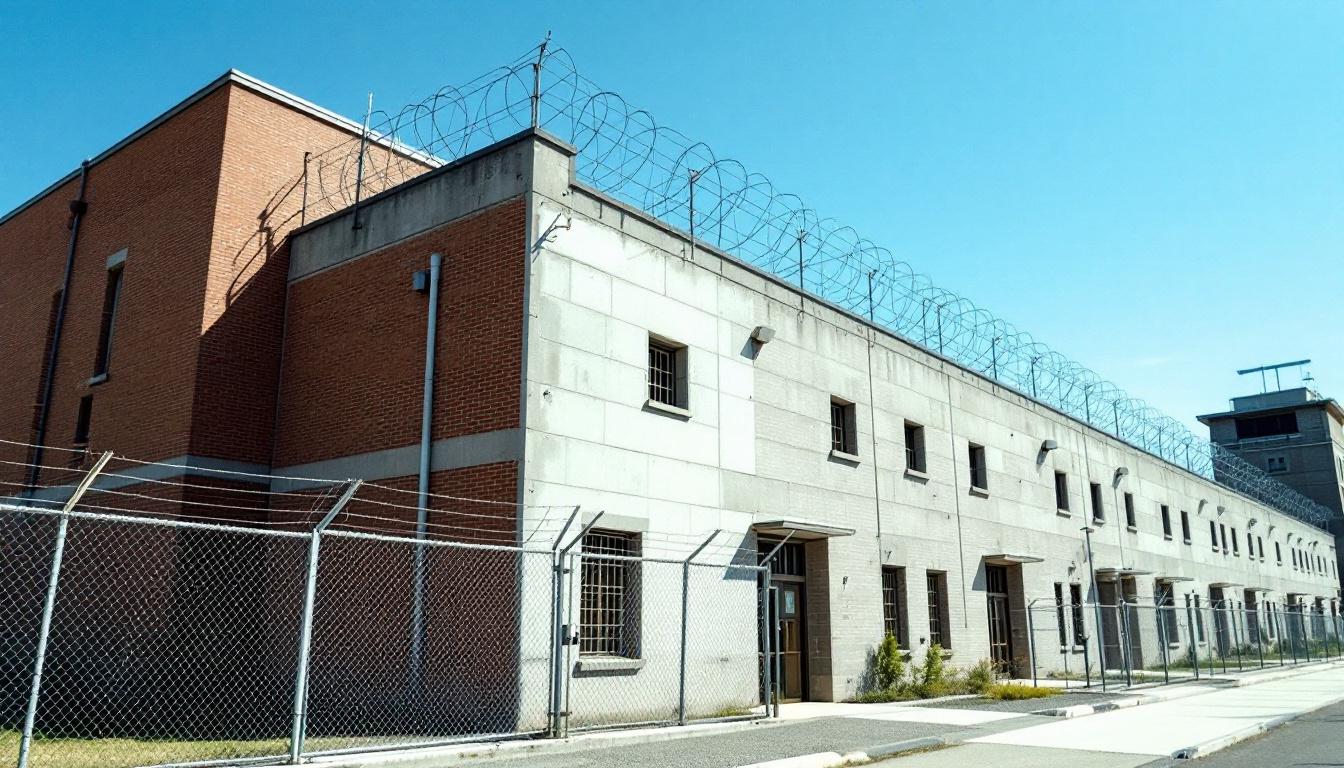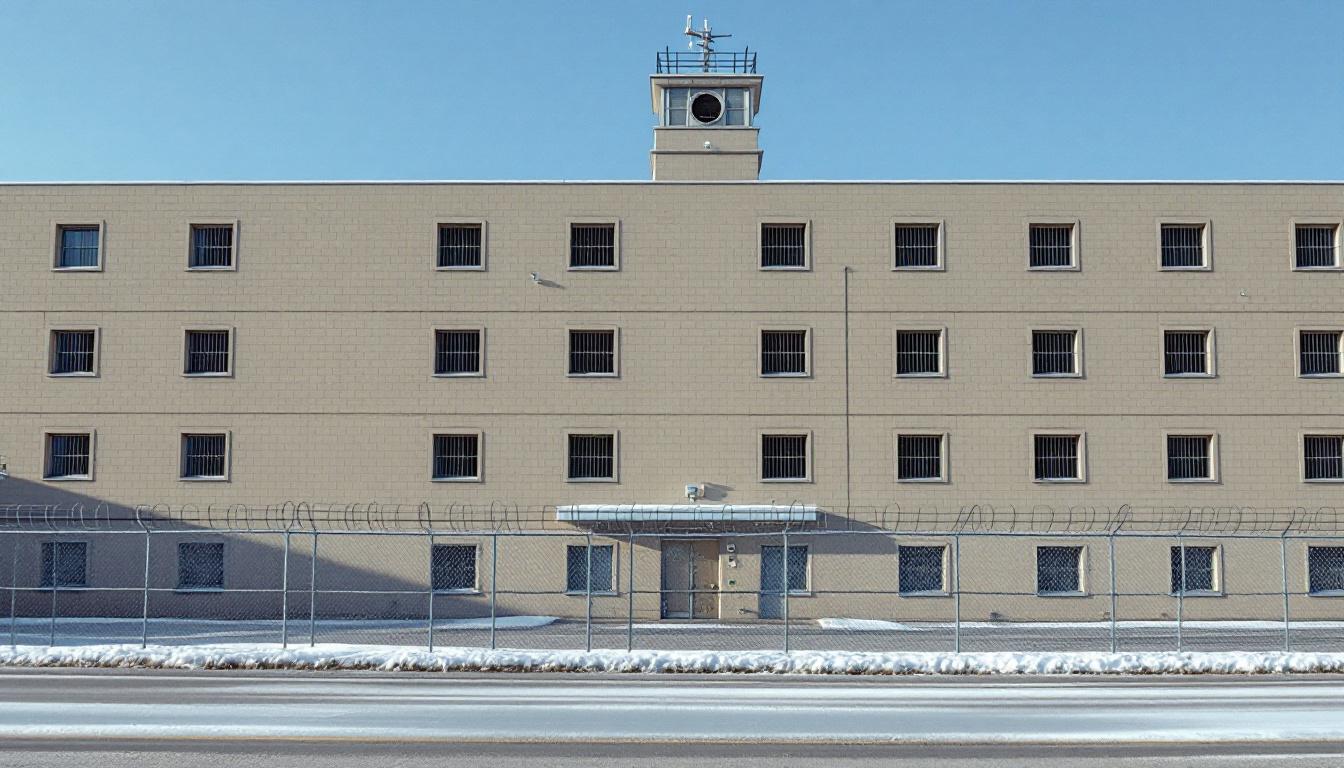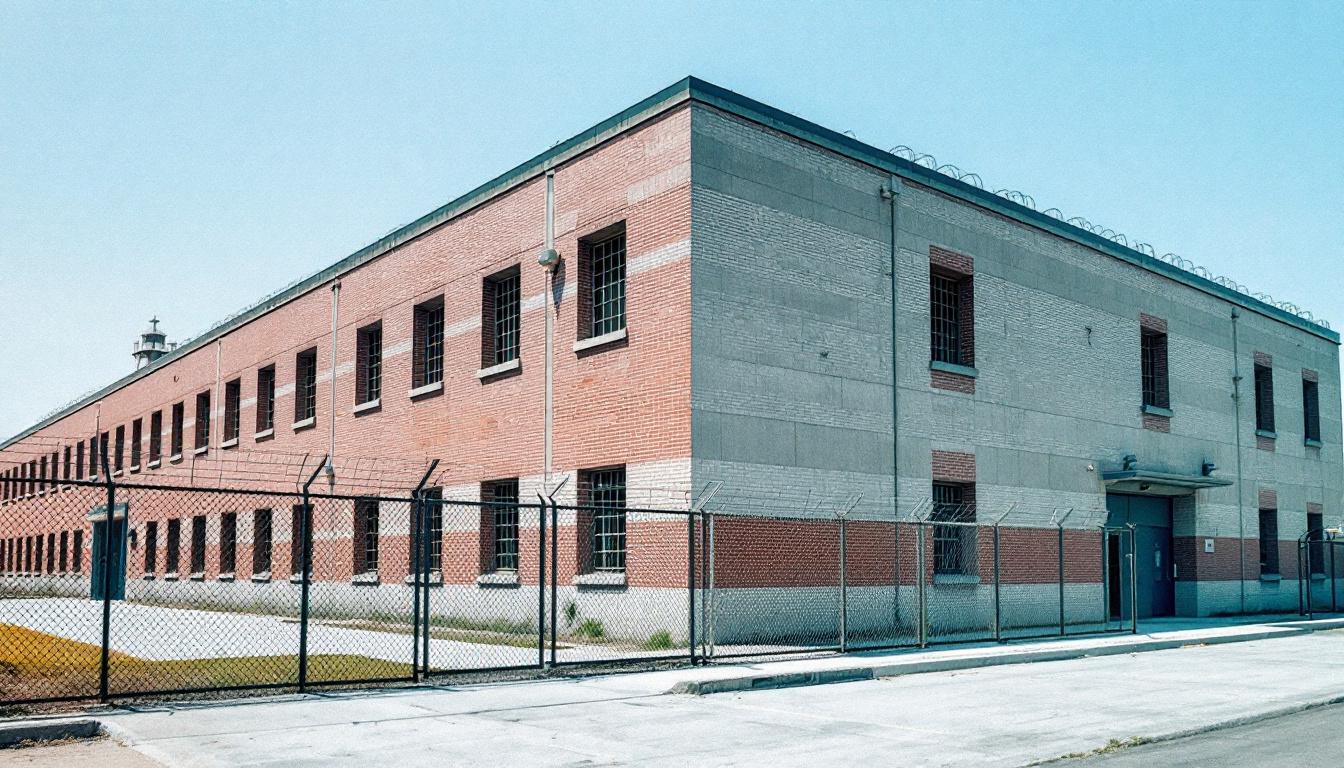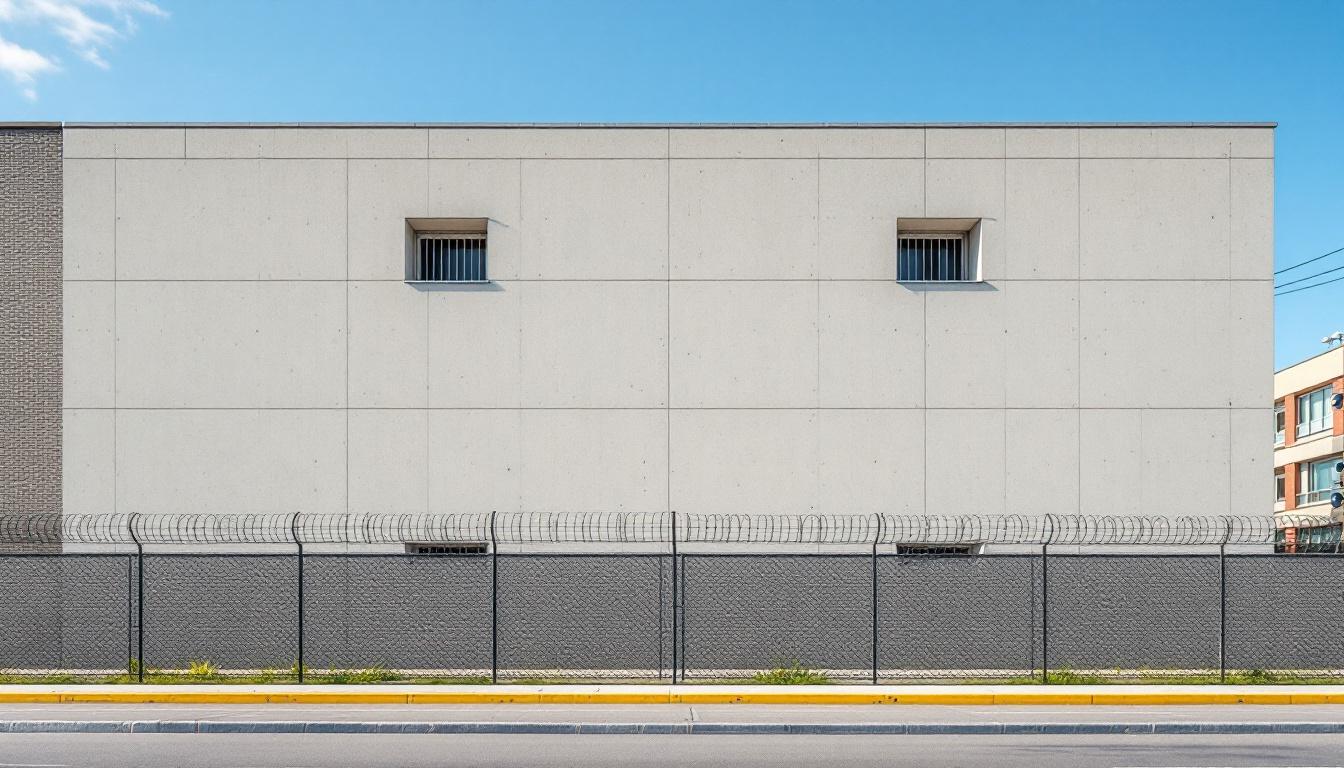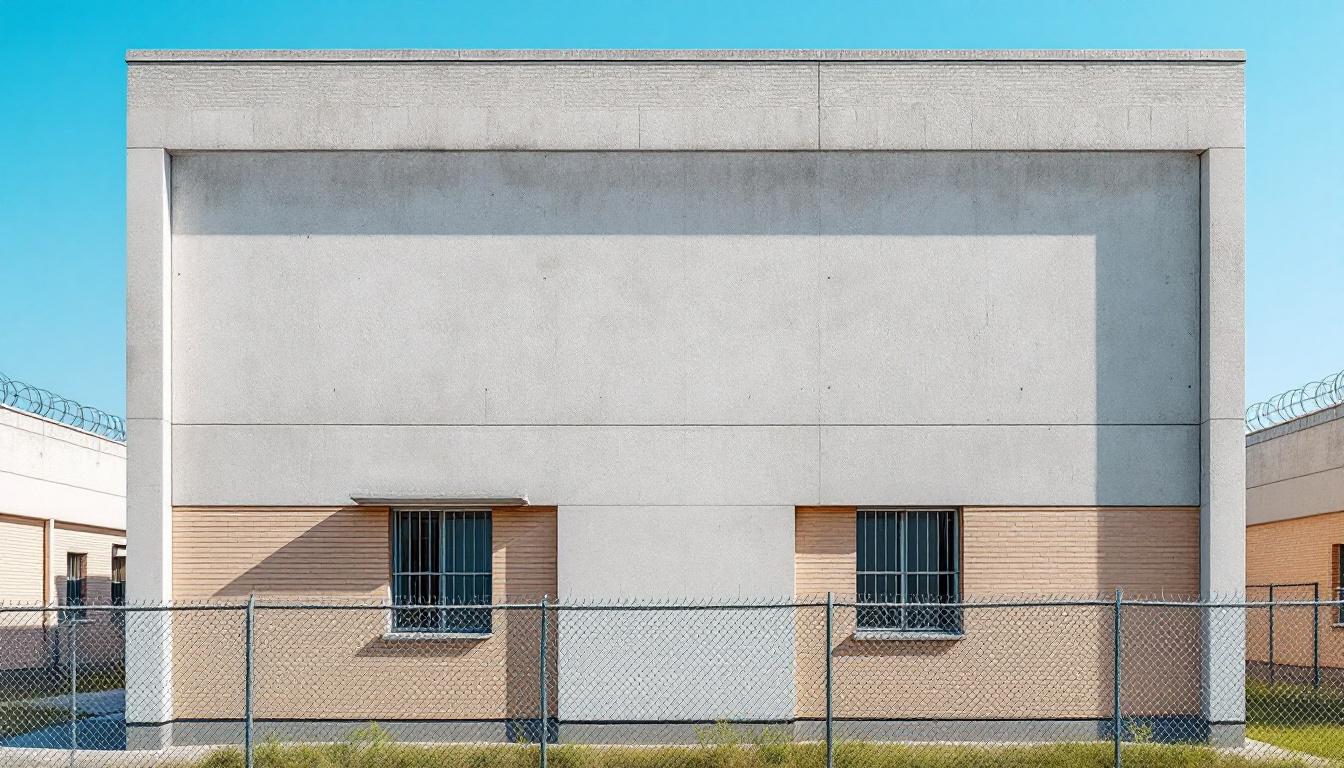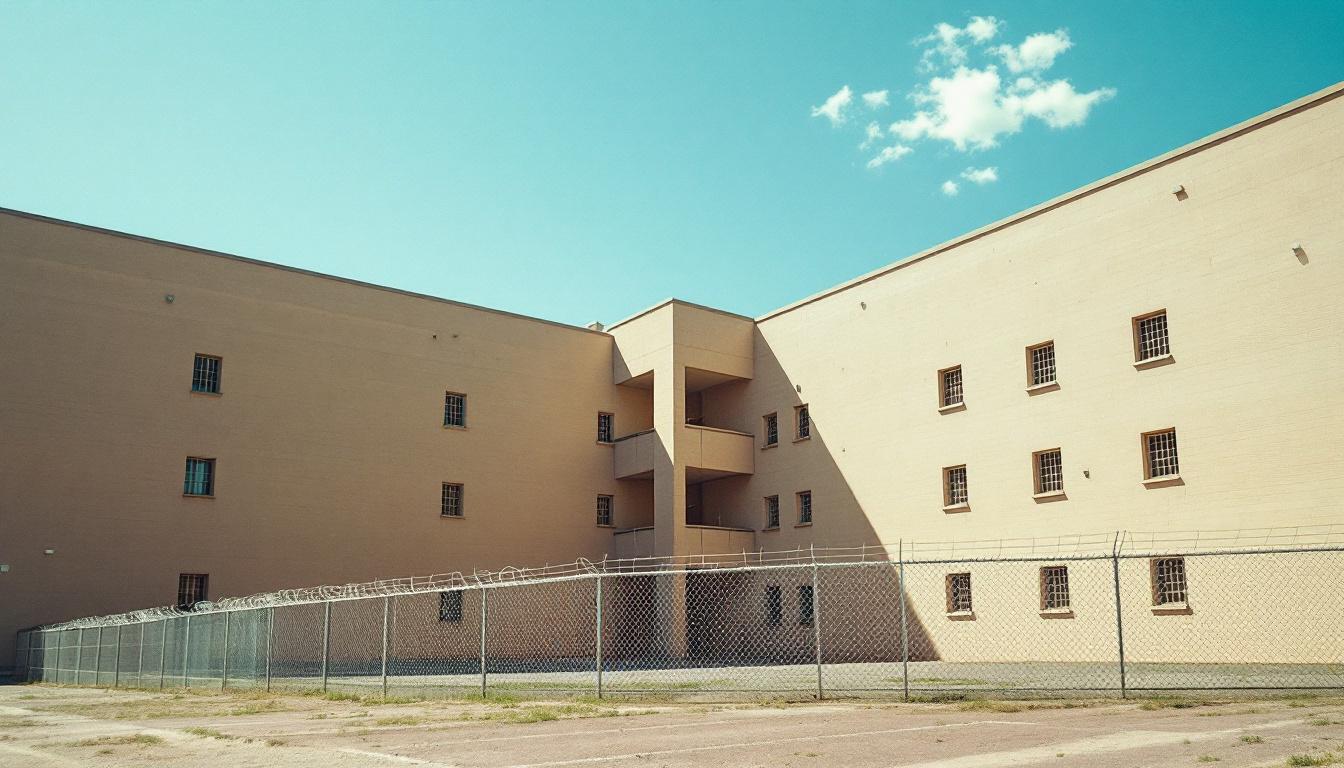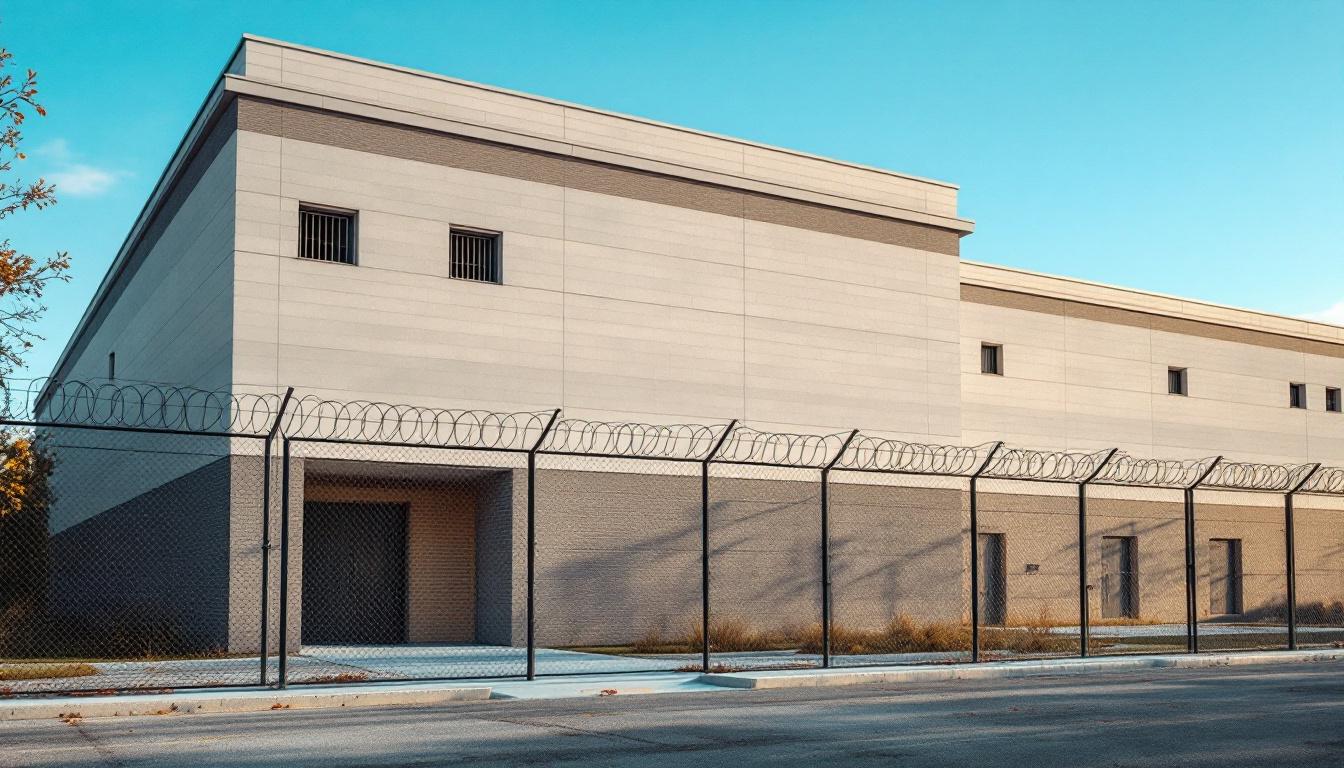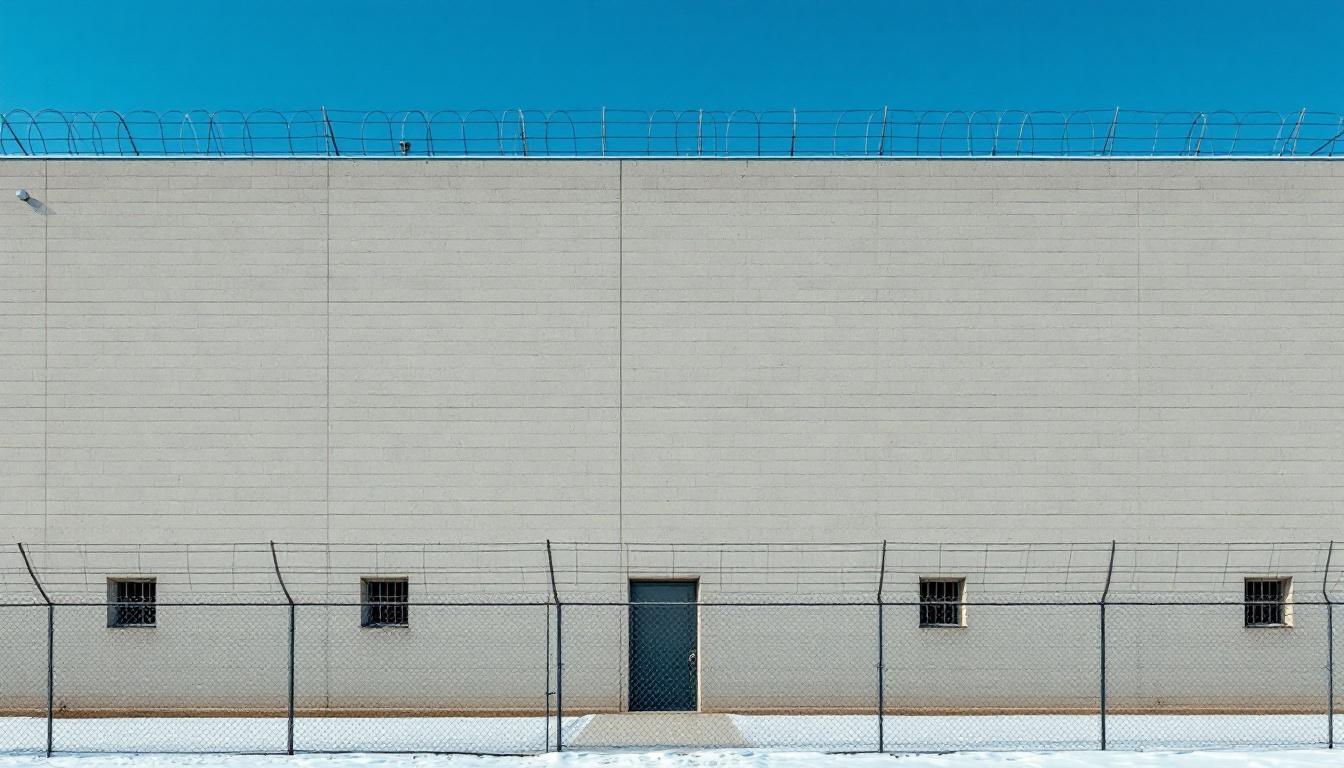
Quick Navigation
How to contact an inmate at Carroll County Detention
This comprehensive guide will walk you through how to connect with an inmate at Carroll County Detention. Follow the steps below to find an inmate and send letters and photos:
- Search for the inmate using our search tool below
- Create your account or log in to Penmate
- Write your message (up to 6,000 characters)
- Send instantly - inmates receive printed copies daily
Find an Inmate
Search for an inmate to start communicating today
Tip: You can search by first name, last name, or inmate ID number
To contact a person at Carroll County Detention start by searching for the person on the official facility website. Perform a search by following these steps:
- Step 1: Enter their first name and last name into the search form and click "Search"
- Step 2: Locate their inmate record
- Step 3: Write down their Inmate ID and any housing information provided
Important! Be sure to enter the person's full name. Nicknames should not be used.
How to Send Messages to Inmates

You can use your phone or computer to send emails, letters, and photos to an inmate. Messages are sent electronically to inmate tablets or kiosks at the facility. If you would like to send a message, start by searching for an inmate at Carroll County Detention.
Sending Photos and Postcards

A great way to send love and support to a loved one at Carroll County Detention is to send photos and postcards. It only takes a few minutes to send photos from your phone and it makes a huge difference. You can also mail postcards with words of support and inspiration, or design your own postcard for special moments like birthdays and holidays.
Important! Be sure not to send any explicit photos or they may not be approved by the facility. You can also use a photo printing app like Penmate to make sure your photos are printed at the correct size (4x6 or 3x5) and are mailed according to the rules and regulations of Carroll County Detention.
Frequently asked questions about Carroll County Detention
-
How long does it take to deliver a message?
If you're sending an email message your letter is usually delivered within 24-48 hours. For messages sent via mail you should expect delivery within 3-7 days. All messages will need be approved by Carroll County Detention.
-
How much does it cost to send a message to Carroll County Detention?
You can send a message free using your phone or mail a message via USPS for the price of a $0.60 stamp and envelope. You can also purchase credits or e-stamps from services starting at $1.99.
-
What services can I use to contact an inmate at Carroll County Detention?
Penmate
You can use Penmate to send letters and photos to an inmate from your phone. It's an easy way to stay in touch during your loved one's incarceration. Use the inmate locator to find an inmate's location and contact information, then you can send messages within a few minutes.
Securus messaging
Securus may be another option for communicating with an inmate at Carroll County Detention. You can create a friends and family account and purchase credits to send messages. All messages will be reviewed and must be approved by the facility.
JPay
Some county jails and state prisons may support sending messages with JPay. You must register an account with the system, find your loved one, and purchase stamps to send messages. For some locations you can also attach photos.
Smart Jail Mail
You may also check if Smart Jail Mail is available at Carroll County Detention. Smart Jail Mail is operated by Smart Communications and has contracted with some state and county jails. After purchasing credits, your messages and photos are sent to the facility, printed out, and then handed out to your loved one.
-
What is the mailing address of Carroll County Detention?
Mailing address:
Carroll County Detention
800 Clay St
Carrollton, KY 41008
Phone: (502) 732-9499Business hours:
- Monday: 9:00 AM – 4:00 PM
- Tuesday: 9:00 AM – 4:00 PM
- Wednesday: 9:00 AM – 4:00 PM
- Thursday: 9:00 AM – 4:00 PM
- Friday: 9:00 AM – 4:00 PM
- Saturday: 9:00 AM – 4:00 PM
- Sunday: Closed
-
What are the visiting hours at Carroll County Detention?
Visiting hours at Carroll County Detention vary by housing unit and security level. Generally, visits are scheduled on weekends and holidays, with some facilities offering weekday visits. Contact the facility directly at (502) 732-9499 or check their website for the current visiting schedule. Visits typically last 30-60 minutes and must be scheduled in advance.
-
What items are prohibited when sending mail to Carroll County Detention?
Prohibited items typically include: cash, personal checks, stamps, stickers, glitter, glue, tape, staples, paperclips, polaroid photos, musical or blank greeting cards, hardcover books, magazines with staples, and any items containing metal or electronics. Only send letters on plain white paper with blue or black ink. Photos must be printed on regular photo paper (no Polaroids). Always check with Carroll County Detention for their specific mail policies.
-
How do I send money to an inmate at Carroll County Detention?
You can send money to an inmate at Carroll County Detention through several methods: 1) Online using JPay, Access Corrections, or the facility's approved vendor, 2) Money orders mailed directly to the facility with the inmate's name and ID number, 3) Kiosks located in the facility lobby, or 4) Over the phone using a credit or debit card. Fees vary by method, typically ranging from $2.95 to $11.95 per transaction.
-
Can I schedule a video visit with an inmate at Carroll County Detention?
Many facilities now offer video visitation as an alternative to in-person visits. At Carroll County Detention, video visits may be available through services like Penmate, Securus Video Connect, GTL, or ICSolutions. Video visits typically cost $10-20 for 20-30 minutes and must be scheduled in advance. You'll need a computer or smartphone with a camera and reliable internet connection. Contact the facility for their specific video visitation policies and approved vendors.
-
What identification do I need to visit an inmate at Carroll County Detention?
All visitors must present valid government-issued photo identification such as a driver's license, state ID, passport, or military ID. Minors must be accompanied by a parent or legal guardian who can provide the minor's birth certificate. Some facilities require visitors to be on the inmate's approved visitation list, which may require a background check. Contact Carroll County Detention for specific ID requirements and visitor approval procedures.
-
How can I find out an inmate's release date?
To find an inmate's release date at Carroll County Detention, you can: 1) Use the online inmate search tool if available, 2) Call the facility's records department, 3) Contact the inmate's case manager or counselor, or 4) Have the inmate provide this information during a call or visit. For privacy reasons, some facilities only release this information to immediate family members.
Facility Overview
Official Website
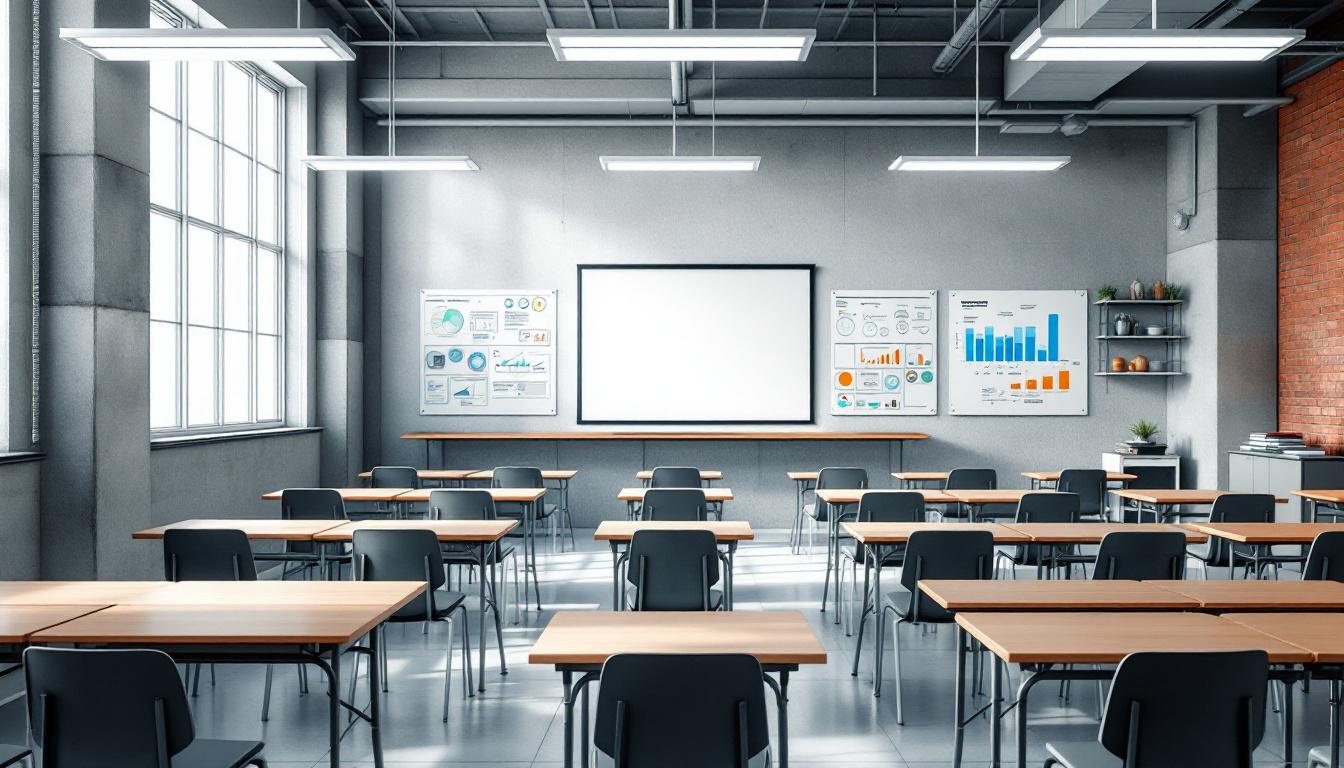
About Carroll County Detention
Serving the essential mission of maintaining secure custody while fostering pathways toward positive change, Carroll County Detention, KY operates as a vital component of Kentucky's correctional infrastructure in the historic river town of Carrollton. Positioned along the Ohio River in north-central Kentucky, this KY correctional facility addresses the detention needs of Carroll County and surrounding communities, emphasizing both public safety and individual accountability. The facility's strategic location in Carrollton allows it to serve residents across the region while maintaining strong connections to local support systems that can benefit those preparing for reintegration.
The detention center typically focuses on providing structured programming that may include educational opportunities, substance abuse counseling, and vocational training designed to address underlying issues that contribute to criminal behavior. Those incarcerated services often encompass mental health support, medical care, and case management assistance to help individuals develop the tools necessary for successful community reentry. Staff members generally work to create an environment that balances security requirements with rehabilitation goals, recognizing that effective detention involves more than containment—it requires preparing individuals for productive citizenship upon release. Through its commitment to both community protection and individual transformation, the facility serves as an important resource in Kentucky's broader efforts to reduce recidivism and strengthen public safety.
Programs & Services
Personal growth opportunities within Carroll County Detention Center in Kentucky are designed around the principle that meaningful change occurs through structured engagement and skill development. The facility typically emphasizes creating pathways for those incarcerated to build upon their existing strengths while addressing areas that may have contributed to their current circumstances. This approach recognizes that lasting transformation often requires both practical skills and personal reflection, delivered through a framework that prioritizes safety and security for all participants.
Educational services may furnish foundational learning opportunities, including literacy programs and basic academic instruction that help participants strengthen essential skills. These offerings often include preparation for high school equivalency examinations, allowing individuals to work toward credentials that can benefit their future prospects. Also, vocational programs typically focus on practical skill development in areas such as maintenance, food service preparation, and other trades that align with local employment opportunities. The structured nature of these programs helps participants develop both technical abilities and workplace habits that emphasize responsibility and teamwork.
Support services form a crucial component of the facility's comprehensive approach to personal development. Substance abuse treatment programs may offer therapeutic interventions designed to address underlying issues that often contribute to criminal behavior, providing participants with tools for long-term recovery. Also, mentoring programs typically connect those incarcerated with guidance and encouragement from trained volunteers who help foster positive decision-making skills. Chaplaincy programs often provide spiritual support and counseling services, creating opportunities for reflection and personal growth within a faith-based framework that respects diverse beliefs and backgrounds.
Daily Life & Visitation
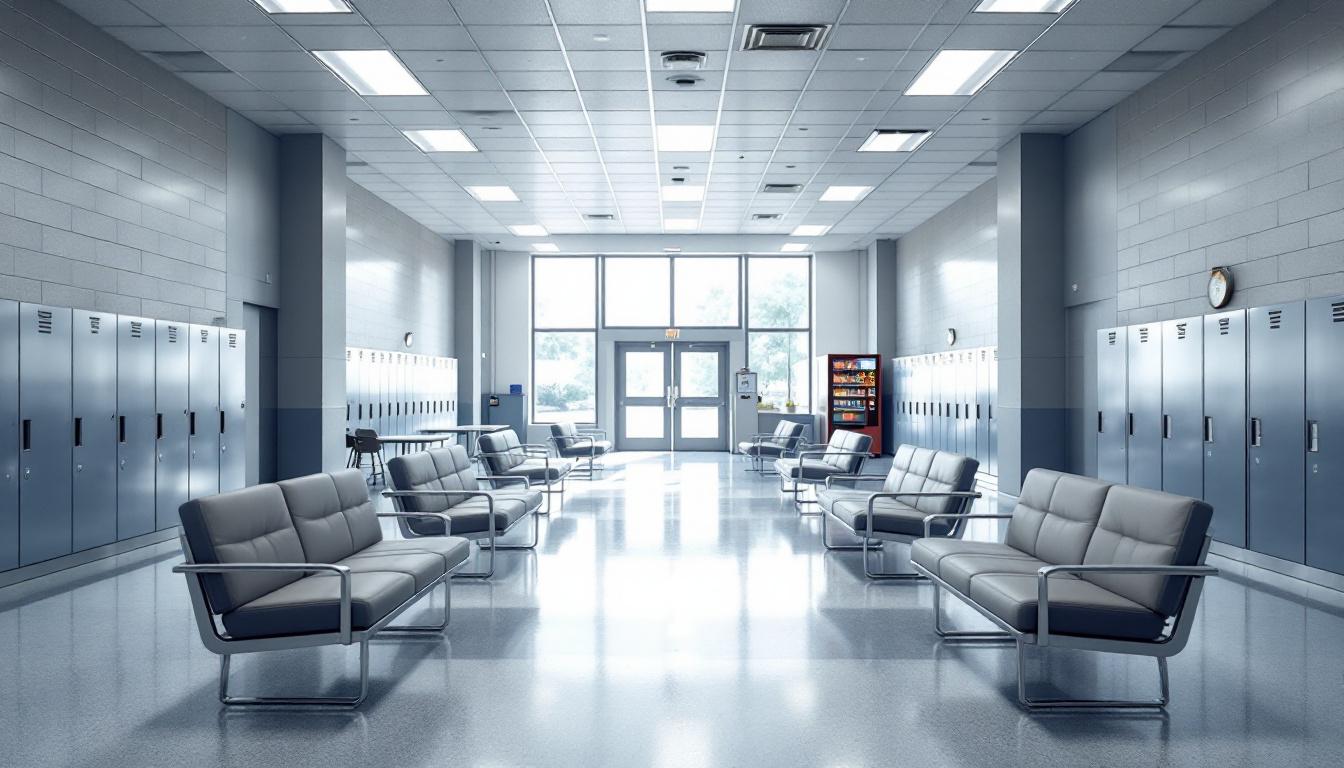
Building relationships with fellow residents and maintaining family bonds form the cornerstone of daily existence for those incarcerated at Carroll County Detention. At present, the facility actively structures each day around scheduled activities that encourage positive social interactions and personal development. The routine typically begins with early morning counts, followed by meal service and various programming opportunities that furnish stability and purpose throughout the day.
Housing arrangements generally place individuals in dormitory-style units or smaller cells, depending on classification levels and available space. Those incarcerated typically share common areas where they can interact during designated times, fostering a sense of community within the structured environment. Meals are usually served in a central dining area, providing opportunities for social connection and conversation. Also, recreation periods may include outdoor time when weather permits, along with access to indoor activities such as television viewing, reading materials, and games that help maintain mental well-being.
The facility typically offers various work assignments that allow residents to contribute to daily operations while developing job skills and maintaining a sense of productivity. These positions may include kitchen duties, cleaning responsibilities, and general maintenance tasks. However, maintaining connections with family members often proves most important for those incarcerated, with visitation schedules generally allowing regular contact with loved ones. Communication options usually include phone calls and correspondence, helping residents preserve vital relationships with their support systems outside the facility. Structured programming schedules may also furnish educational opportunities, counseling services, and other activities designed to prepare individuals for successful reintegration into their communities.
Ready to Connect?
Start communicating with your loved one today
Search for an Inmate
